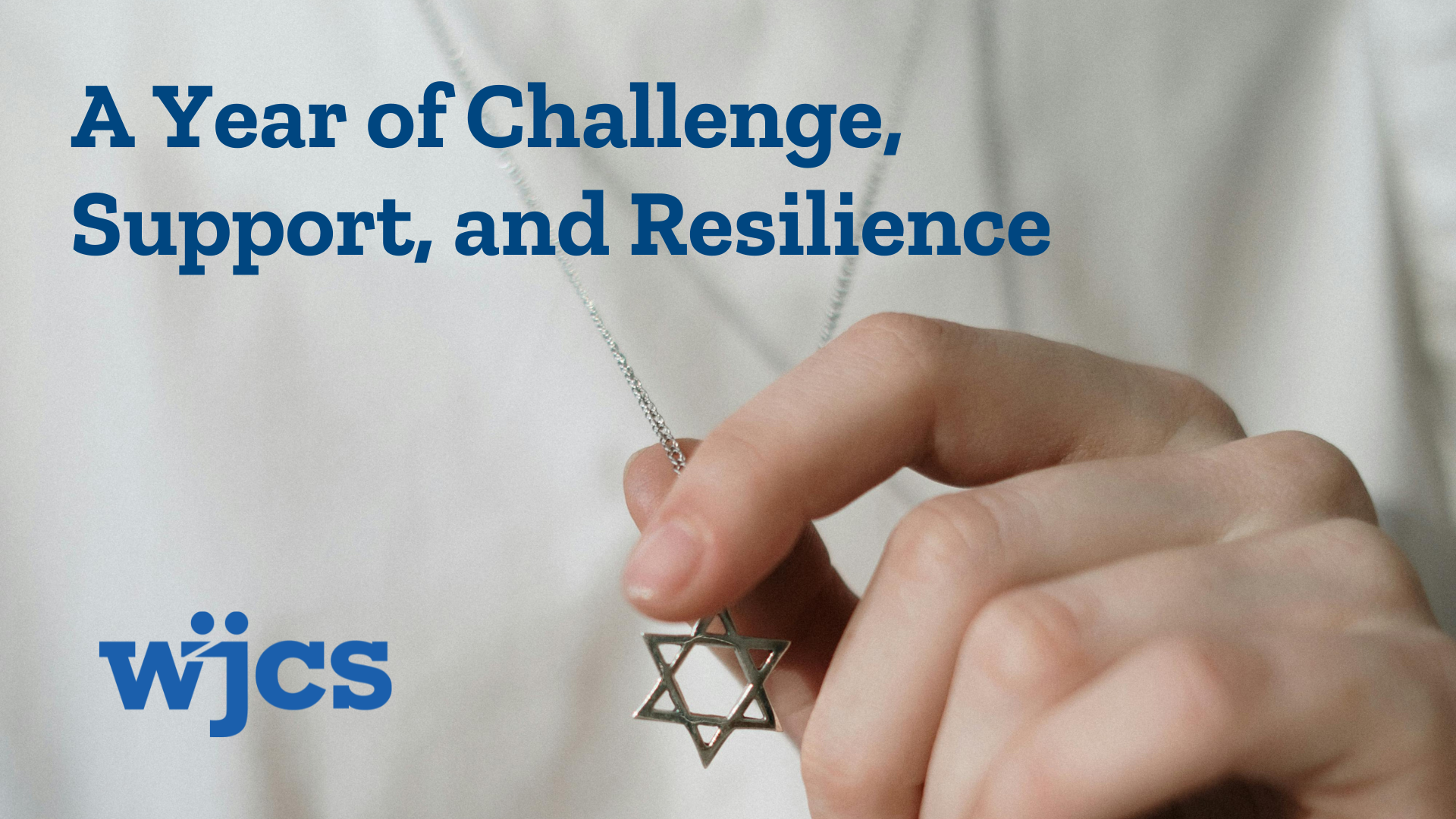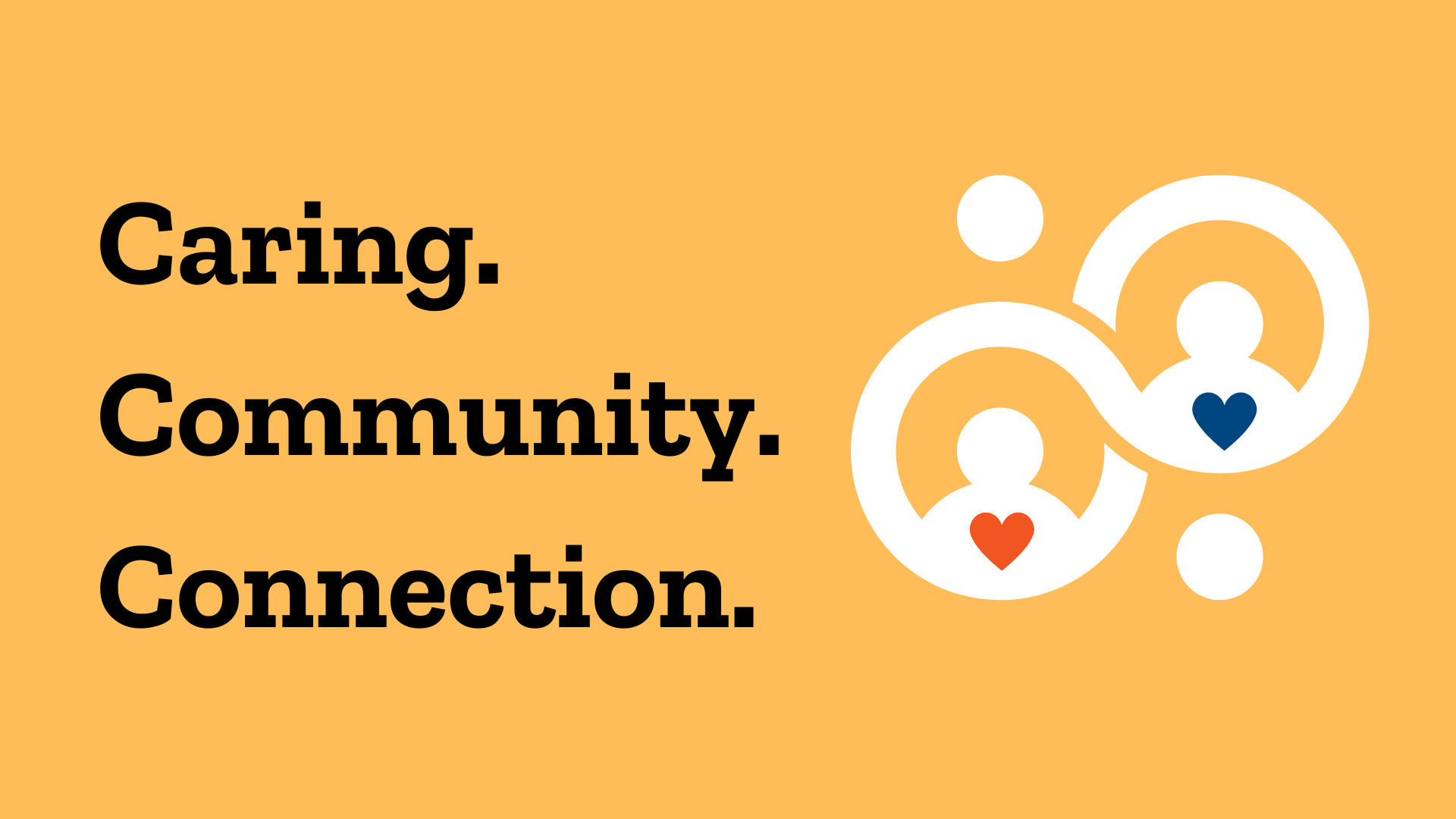The Board of Westchester Jewish Community Services embraces the following values:
- We value diversity, equity, and inclusion, and are committed to building a board that represents our served communities.
- We believe that all people have the right to be treated with fairness, dignity, respect, and compassion. We look for places to advocate on behalf of communities that have not been treated accordingly.
- We value multiple points of view. We encourage the sharing of various and unique perspectives as they strengthen the Board and our work.
- We value empathy. We strive to have a non-judgmental understanding of the experiences of all members of our community.
- We believe in helping to repair the world, derived from the Jewish value of Tikkun Olam. We focus our efforts and resources on addressing the challenges faced by all our Westchester neighbors.
- We believe that devoting our time and energy will have a positive impact on our communities.
- We promote philanthropy. Giving, at all levels, provides resources for programs and services that further our mission.
The Board of Westchester Jewish Community Services is committed to diversity, equity, and inclusion.
- We make our commitment in the spirit of Tikkun Olam: to repair the world. In this case, we take a small step, as a Board, to support the world’s broader need for diversity, equity, and inclusion.
- We make our commitment also in the belief that diversity on the Board is critical to the Board’s continued vitality and growth; in the belief that the perspectives and networks of a diverse Board will contribute to the Board’s decision-making and stewardship of the organization; and in the belief
that Board diversity will support the recruitment and retention of staff from diverse communities. - We will seek candidates for Board membership who are diverse. We will take into consideration the diversity of the communities that WJCS serves and the diversity of the WJCS staff who provide the organization’s services.
- We will encourage all Board members, particularly those who are new, to contribute and participate in Board proceedings to the full extent of their interests and abilities. We expect that every member’s voice will add value, but that no member should be called upon to represent an entire group. We believe that tokenism is a risk and that, to avoid tokenism, the first step is to acknowledge the risk.
- When we make decisions, we will consider the impact on equity that those decisions will have beyond the Board.
- We acknowledge that putting the Board’s commitment into practice will require deliberation and discussions, and we will strive to create an environment of trust, as Board members seek common ground.
- We acknowledge that racism and bigotry in our society are deep-seated and complicated. We will work to understand racism and discrimination in all its forms—those that are obvious and those that are less so. We will embrace opportunities for education so that we may develop a shared understanding of key concepts and may foster discussions that are deep and nuanced.
- We acknowledge that the expression of bias, in ourselves and in others, may be subtle. We are mindful that racism and antisemitism relate to one another; we will neither conflate the two, nor ignore their relationship.
- We acknowledge that our commitment compliments, but is different from, the commitment that the WJCS executive staff has already made, on behalf of the organization, to diversity, equity, and inclusion. We set forth below what we mean by diversity, equity and inclusion as those concepts apply specifically to the Board and to the Board’s commitment.
• Diversity relates to the current state of the Board’s membership: We seek varied identities and differences among our members, including race, ethnicity, disability, age, sexual orientation, gender identity, religion, and socio-economic status.
• Equity relates to an ongoing goal of the Board: We seek to guarantee, for all Board members, fair treatment, access, opportunity, and advancement, so that all Board members can grow, contribute, and develop in their roles on the Board.
• Inclusion relates to Board culture: We seek to build a culture of belonging, trust, and candor by encouraging the contribution and participation of all Board members, expecting that every member’s voice will add value, and that no member can or should be called upon to represent an entire group.




